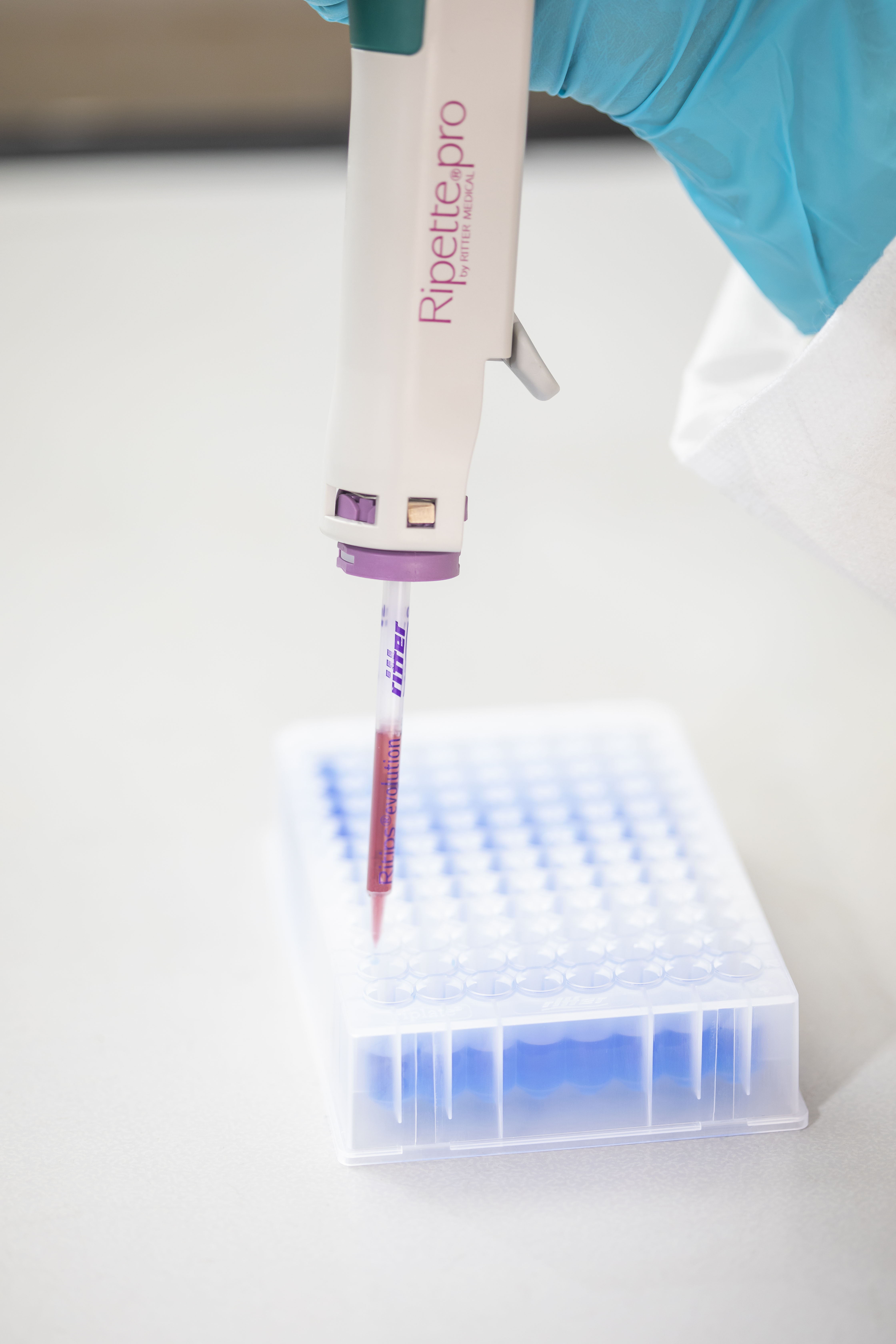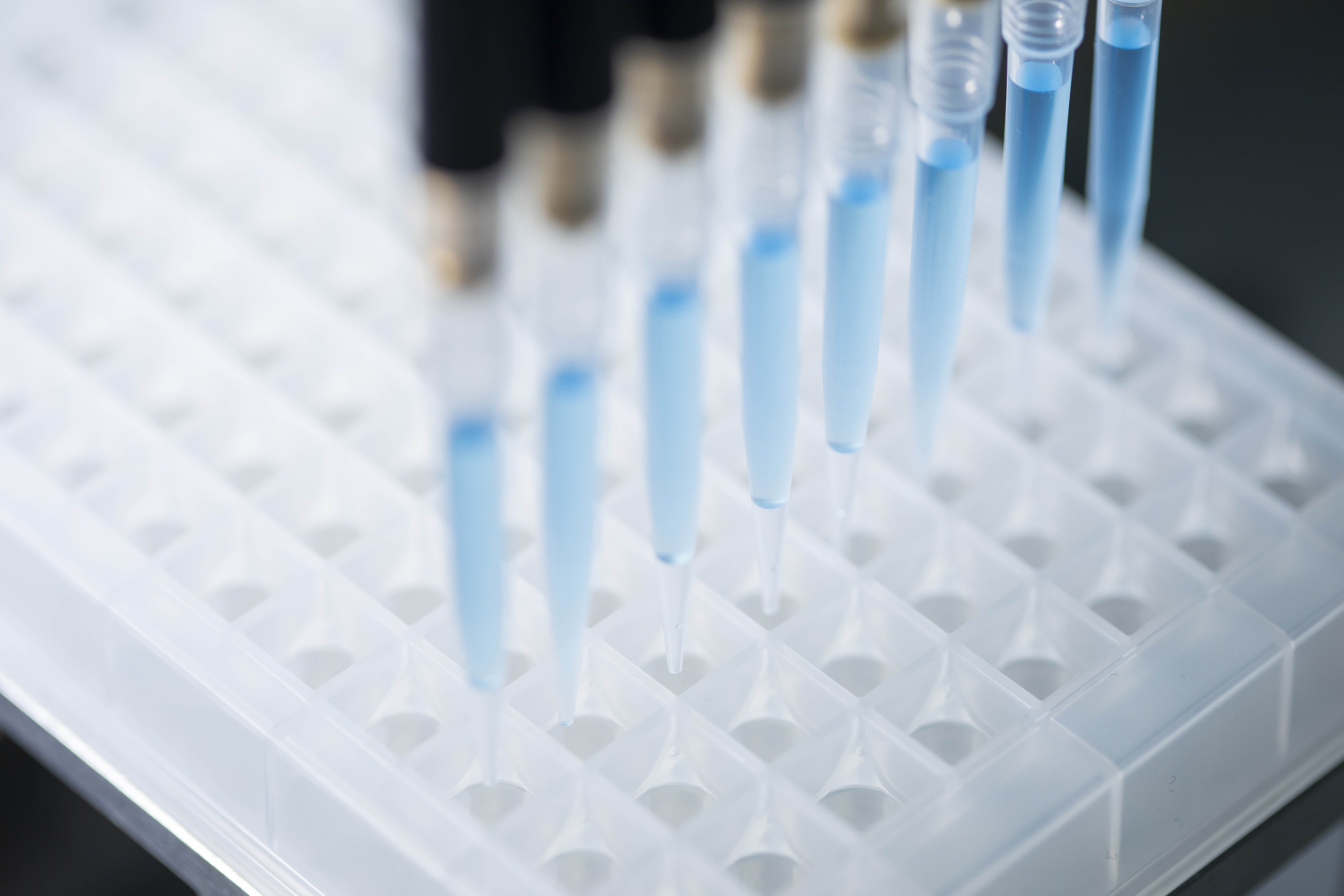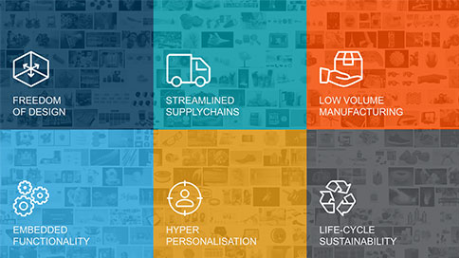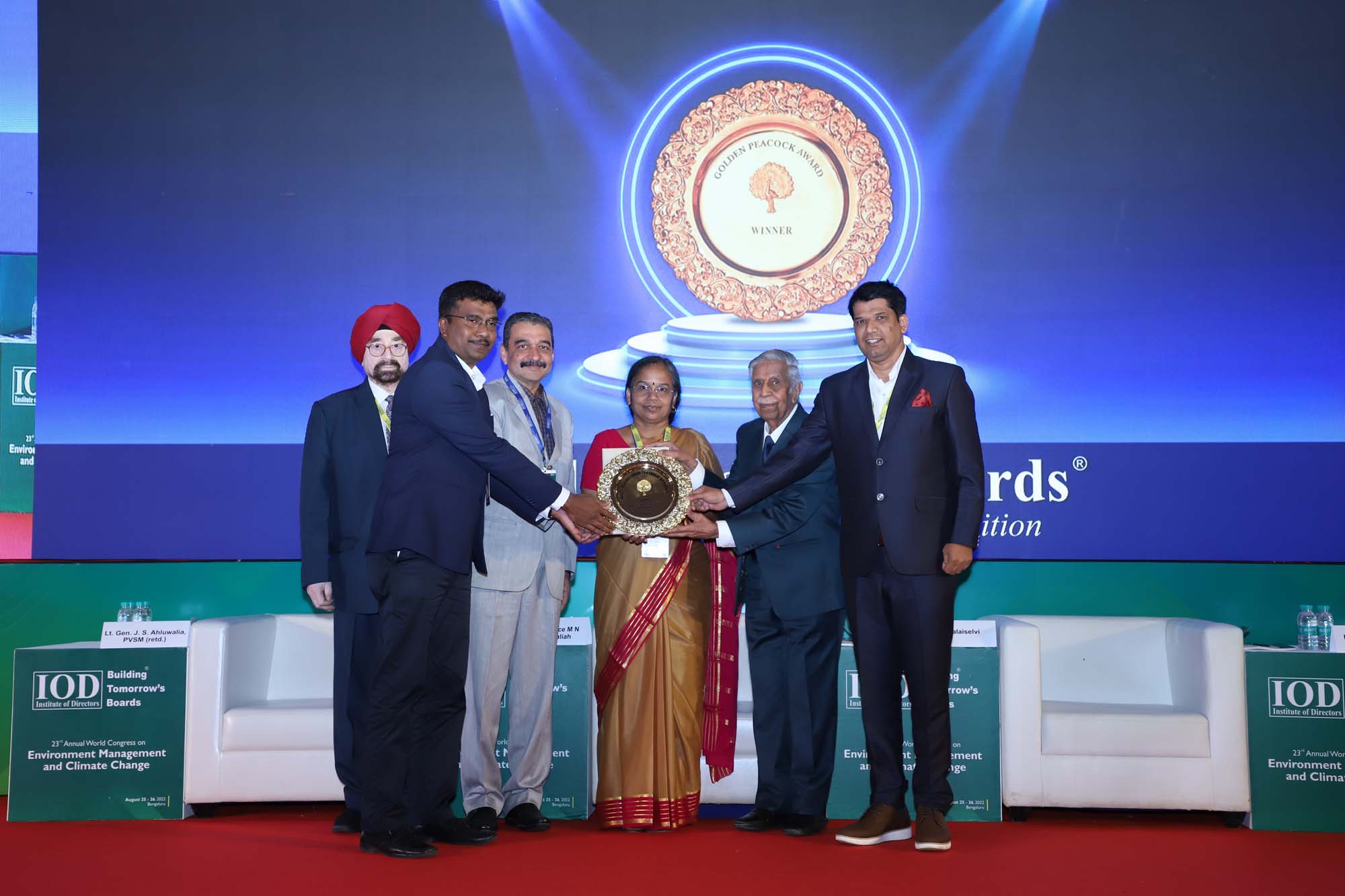Rapid coronavirus tests

Rapid coronavirus tests: gwk ensures the production of essential goods
- gwk supports Ritter, a producer of plastic products used for rapid coronavirus test kits
- Supply of indispensable temperature control units at short notice
- Supporting measures combined with the protection of the environment
Meinerzhagen, 16th June 2020 – When Ritter GmbH needed temperature control systems made by gwk for the production of plastic parts for urgently needed rapid coronavirus test kits, gwk (Gesellschaft Wärme Kältetechnik mbH) from Meinerzhagen devoted their full energy and attention to this task. The production workers of gwk quickly set up a new shift schedule and gave their all to ensure the quick fulfilment of the order placed by the Bavarian manufacturer with a strong specialisation in the medical devices field. With the large and particularly energy-efficient devices of the protemp series, gwk was able to combine an important contribution to overcome the COVID-19 crisis with technology ensuring the protection of the environment.
“We are fully away of our responsibility to society during this coronavirus pandemic and are, of course, willing to live up to it,” explains Michael Neufurth, head of sales of the Bavarian sales area of gwk. Ritter, a plastics-processing company deemed essential during the coronavirus crisis, has ordered numerous temperature control units with highly efficient centrifugal pumps from gwk. The injection moulding machines for which these temperature control units are intended are used for the protection of microtiter plates that are needed for performing rapid coronavirus tests.
“We all give everything to overcome the crisis as quickly as possible. However, mass testing is only possible when all of the necessary conditions are fulfilled. This is why our temperature control units are more than just a small cog in the machine,” says Neufurth. Since the coronavirus crisis clearly fuels the demand for plastic parts for rapid test kits, gwk plays an important role in securing the long-term supply of these parts. Samuel Krebber, Technical Manager at Ritter GmbH, says in retrospect: “In this exceptional situation, the fastest possible supply with the necessary temperature control units was of the utmost importance for us. We are grateful to have gwk as a reliable partner at our side.”

Fast delivery of energy-efficient equipment
To boost the production output of the parts required for clinical coronavirus testing, Ritter needed the gwk temperature control unit as fast as possible. “We stopped our normal day-to-day work to be able to fully focus on this important situation,” explains Neufurth. Instead of eight weeks, gwk needed only three weeks to supply the Bavarian plastics-processing company with the equipment. To this end, the production workforce of gwk applied an expanded shift schedule and put in extra hours. “We explained to our employees how urgent and important this task was. They all showed a very high level of commitment and were rewarded as a token of our gratitude,” says Neufurth.
Ritter has already used several temperature control systems made by gwk for some time: “We invested into several large systems in January. As gwk showed us the high CO2 reduction potential, we decided to buy devices of the protemp series,” explains Krebber. These devices are characterised by their unique frequency-controlled centrifugal pump technology. Compared to standard pumps, centrifugal pumps deliver more litres per minute although the current consumption is the same. Thanks to the frequency control, the temperature control unit can be precisely set to the desired operating point. “Furthermore, these units substantially contribute to our certified energy efficiency requirements according to DIN EN 50001”, Krebber says.
For further information, please visit: www.gwk.com and www.ritter-online.de





